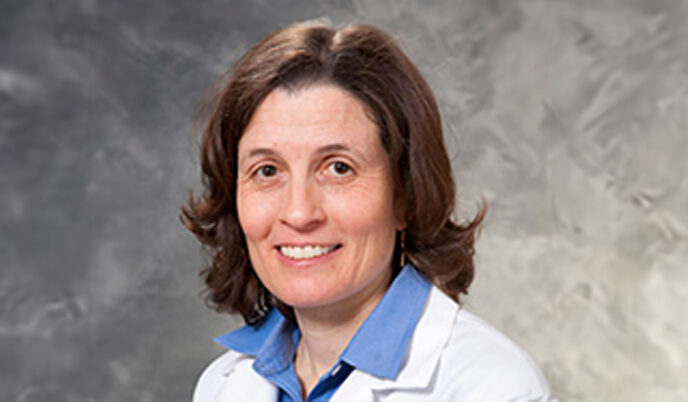
Blockages in nerve-cell protein ‘factory’ implicated in neurodegenerative disease
A molecular basis underlying the neurodegenerative condition hereditary spastic paraplegia (HSP) has been identified in a study by University of Wisconsin School of Medicine and Public Health researchers.

Robert Fettiplace’s explorations of the inner ear earn him the Kavli Prize
When Robert Fettiplace, PhD, talks about the joy of discovery, he captures the spirit that drove explorers over mountains and into the deepest caves.

UW to test using MDMA in treatment of severe PTSD
The Department of Family Medicine and Community Health of the UW School of Medicine and Public Health will take part in a multisite Food and Drug Administration-approved Phase III trial investigating MDMA as an adjunct to psychotherapy for the treatment of severe post-traumatic stress disorder (PTSD).

Mary Ehlenbach wins inaugural Paster Family Foundation Innovation Award
Mary Ehlenbach, MD, associate professor of pediatrics at the UW School of Medicine and Public Health, is the inaugural winner of the Paster Family Foundation Innovation Award.

UW researchers discover mechanism controlling zinc that is vital to red blood cell creation
Researchers have uncovered how a trace metal controls the generation of red blood cells, which are critical for life.

Jennifer Smilowitz elected Fellow of the American Association of Physicists in Medicine
Jennifer Smilowitz, PhD, clinical associate professor in the Department of Human Oncology at the University of Wisconsin School of Medicine and Public Health, has been elected a Fellow of the American Association of Physicists in Medicine (AAPM).

Wisconsin researchers receive $60 million from NIH for All of Us research program
Four Wisconsin medical and scientific organizations – Marshfield Clinic Research Institute, University of Wisconsin School of Medicine and Public Health, Froedtert & the Medical College of Wisconsin and BloodCenter of Wisconsin, part of Versiti – were awarded $60 million by the National Institutes of Health (NIH) to continue to implement the All of Us Research Program in Wisconsin through 2023, a momentous effort to advance individualized prevention, treatment and care for people of all backgrounds.

UW scientists discover cause of aging-related disease in mice, then reverse its symptoms
In a study published in Aging Cell, researchers at the University of Wisconsin–Madison show that mice making too much of a human protein called AT-1 show signs of early aging and premature death, which are also symptoms of the human disorder progeria.

Researchers trace Parkinson’s damage in the heart
A new way to examine stress and inflammation in the heart will help Parkinson’s researchers test new therapies and explore an unappreciated way the disease puts people at risk of falls and hospitalization.

UW–Madison establishes state’s first and only addiction hotline for providers
In what is believed to be a national first, the University of Wisconsin–Madison, in conjunction with UW Health, has established a new resource for Wisconsin primary care physicians and other providers to help them successfully manage patients with addictions.

UW-Madison work presented at international Alzheimer’s conference in Chicago
More than 50 UW-Madison researchers presented work at the 2018 Alzheimer’s Association International Conference (AAIC) in Chicago, Illinois, this week. The event is the world’s largest gathering dedicated to the scientific study of dementia.

Evie Carchman awarded $500,000 grant to study anal cancer
While people infected with HIV are living longer due to better therapies, their weakened immune systems are linked to what is now a leading cause of death in the HIV population: cancer.